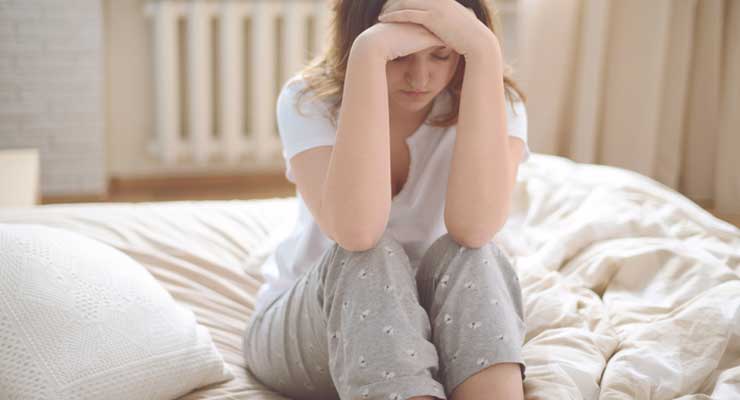Many migraine sufferers experience their first migraine-related difficulties during their teen years. If your teen’s headaches seem to be worse than the norm, it is possible that she is beginning to experience teenage migraines. If left unchecked, your teen’s migraines could result in academic difficulties and make her miss activities while she is forced to spend days in bed coping with her head pain. To ensure that your teen doesn’t suffer these ill effects, deal with teenage migraines as soon as you spot them.
Teenage Migraines
By definition, a migraine is a really bad headache that is usually centered on one side of the head. These headaches traditionally originate behind the eye and radiate out from the point of origin. There is no chemical test for a migraine, so doctors must diagnose the presence of migraine headaches in teens based upon observation and patient accounts of their pain.
Prevalence
Migraines are not at all uncommon among teens. In fact, 5 percent of the teenage population suffers from recurrent migraines. While migraine sufferers normally experience their first migraines during teenage years, some can begin to suffer migraines earlier in childhood.
Migraine Causes
Doctors are still working to isolate the exact cause of migraine headaches. There is some evidence to indicate that migraine sufferers come by their malady genetically, as migraines tend to run in families. Researchers have proven that migraine pain appears to be the result of a combination of a change in blood flow to the brain and the release of neurotransmitter chemicals, reports Children, Youth and Women’s Health Services.
Impact of Gender
While both boys and girls can suffer from migraines, girls are more prone to this head pain. As Children, Youth and Women’s Health Services reports, three times as many girls suffer from migraines as boys. Migraine suffering in girls is often tied to menstruation. Many girls find that their headache regularity increases as their period’s approach or while they are in the middle of their menstrual cycle.
Migraine Triggers
Many individuals prone to migraines find that their head pain is triggered by outside stimulation. Common migraine triggers include: change in hormones, too little sleep, too little to eat, alcohol consumption, excessive heat, food smells and bright lights. If your teen suffers from migraines, identifying the potential triggers may be an effective way of reducing the regularity of migraine attacks.
Migraine Treatments
Teen suffers have an assortment of migraine treatments at their disposal. Doctors often prescribe oral pain medicine to migraine sufferers to help them deal with their migraine pain more effectively and reduce the how much their migraines impact their daily lives. Physicians can also inject pain medication to reduce or eliminate migraine pain.





